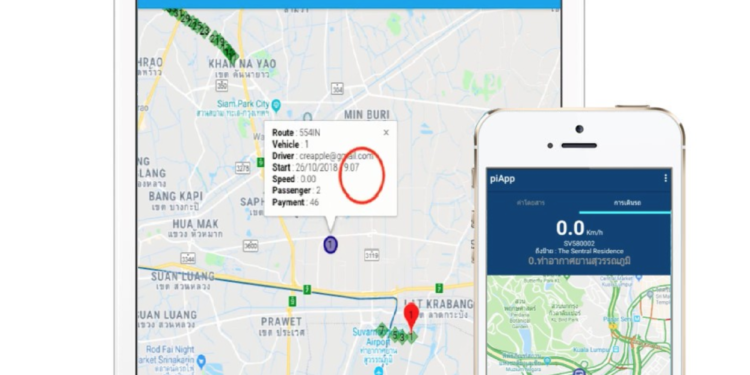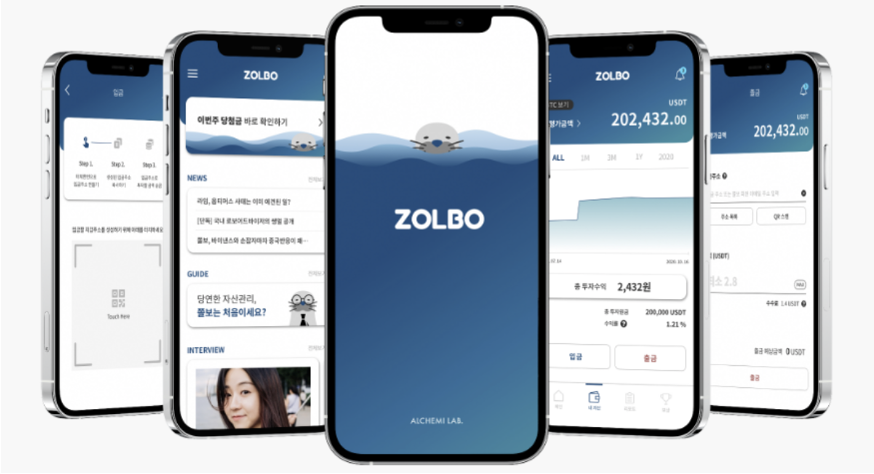With the emergence of the era of smart cities globally, every public service is undergoing technological upgradation. The transport sector is beginning to see disruption with smart city technology like Mobility-as-a-Service (MaaS). It is making transport services more user-centric and accessible.
Korean startup PaymentInApp has been established with the ultimate goal to provide better service than ‘Uber’ on Smart City, the Public Transportation. The startup offers Mobility-as-a-Service, Mobile IoT, and Artificial Intelligence-based Smart City Mass transit payment and big data analysis services.
The startup’s PaymentInApp’s mobile IoT and Artificial Intelligence-based Smart City Mass transit payment and big data analysis service are set to revolutionize traditional public transportation. Until recently, the mass transit system had to be equipped with expensive dedicated equipment and a huge center system. However, technology like a simple, low-cost smart IoT device and a proven high-quality SaaS cloud service will change the system.
PaymentInApp provides a smart city Mobility-as-a-Service to realize the concept of ‘Cross-border seamless payment’ that allows easy and convenient use of mobility services anywhere. In addition, it uses AI technology to analyze user demand and optimize supply such as dispatch and route to save time, and cost and solve social problems such as traffic congestion and environmental pollution.
The startup was formed by a team of experts with experience and technical skills in Korea and Singapore in 2016 in Singapore. The company applied its ‘piRide Mobility-as-a-Service 1.0’ at Premium bus in Thailand in 2019. It has been approved and supported by various authority organizations like the Ministry of Science and ICT in Korea, Ministry of Manpower in Singapore and Ministry of Transport in Thailand.
The Global Mobility-as-a-Service market is growing rapidly by more than 34% per year and will expand to $235 billion in 2025. PaymentInApp is aiming to transform Mobility as a service into the personal transportation sector with AI technologies by 2035.






